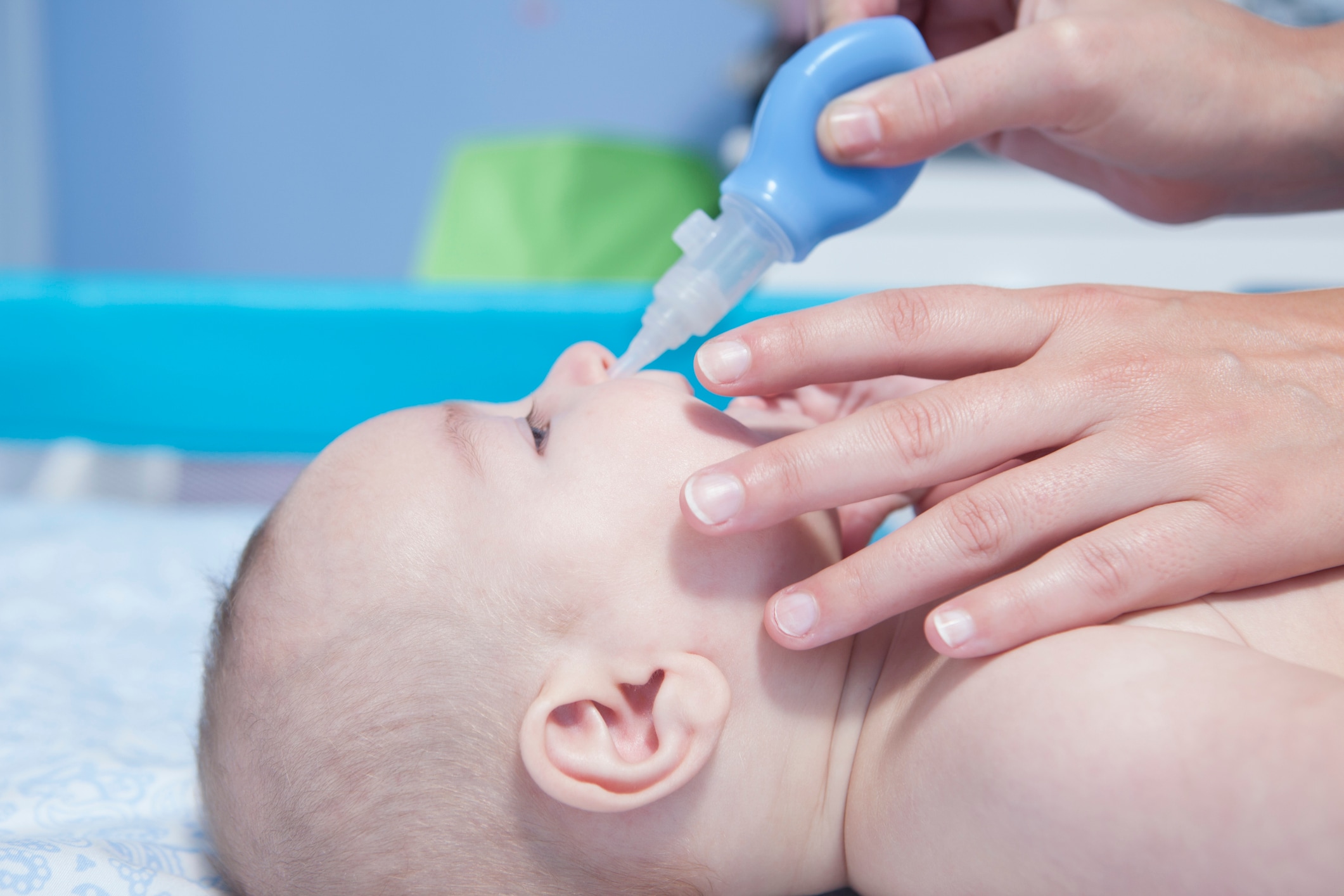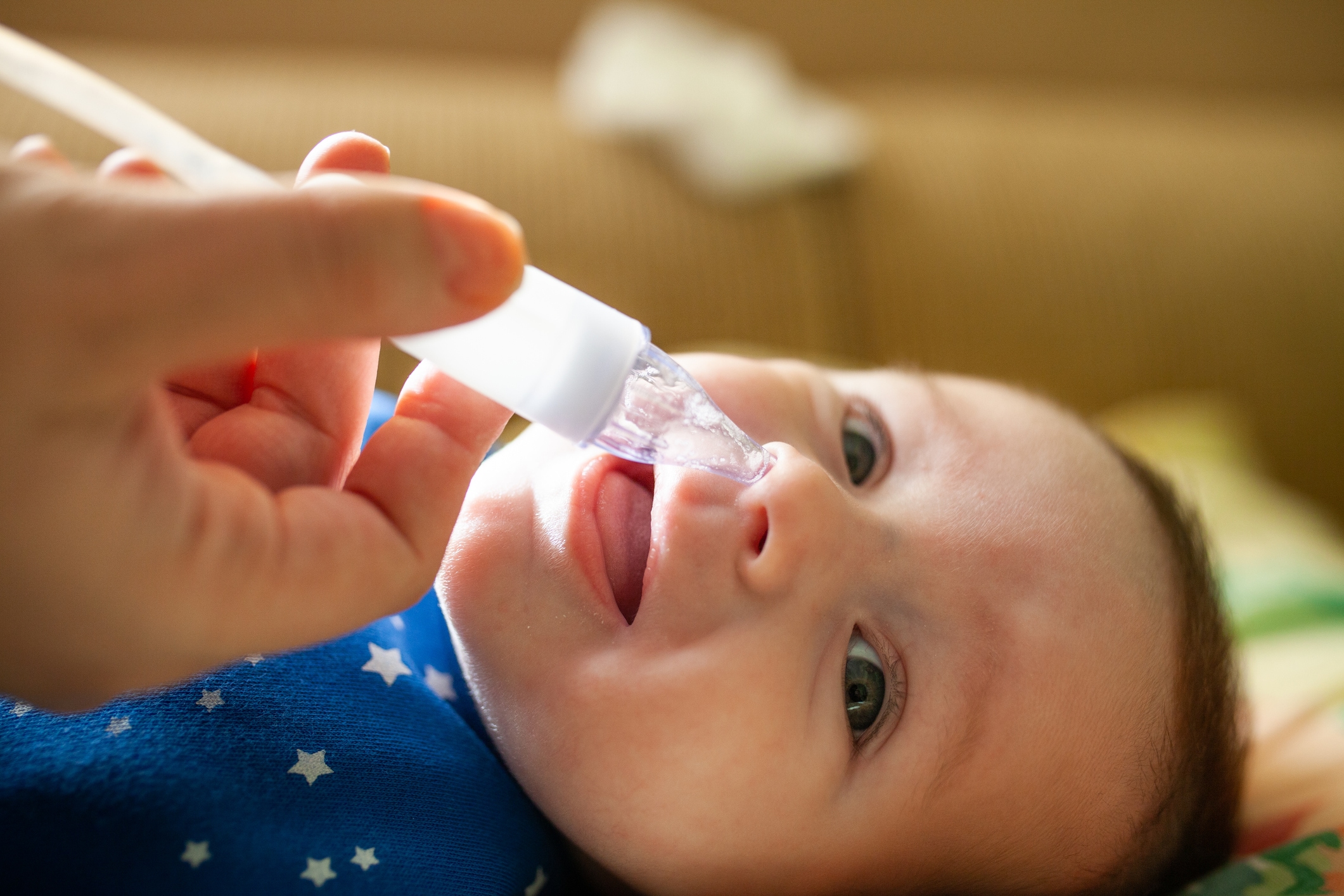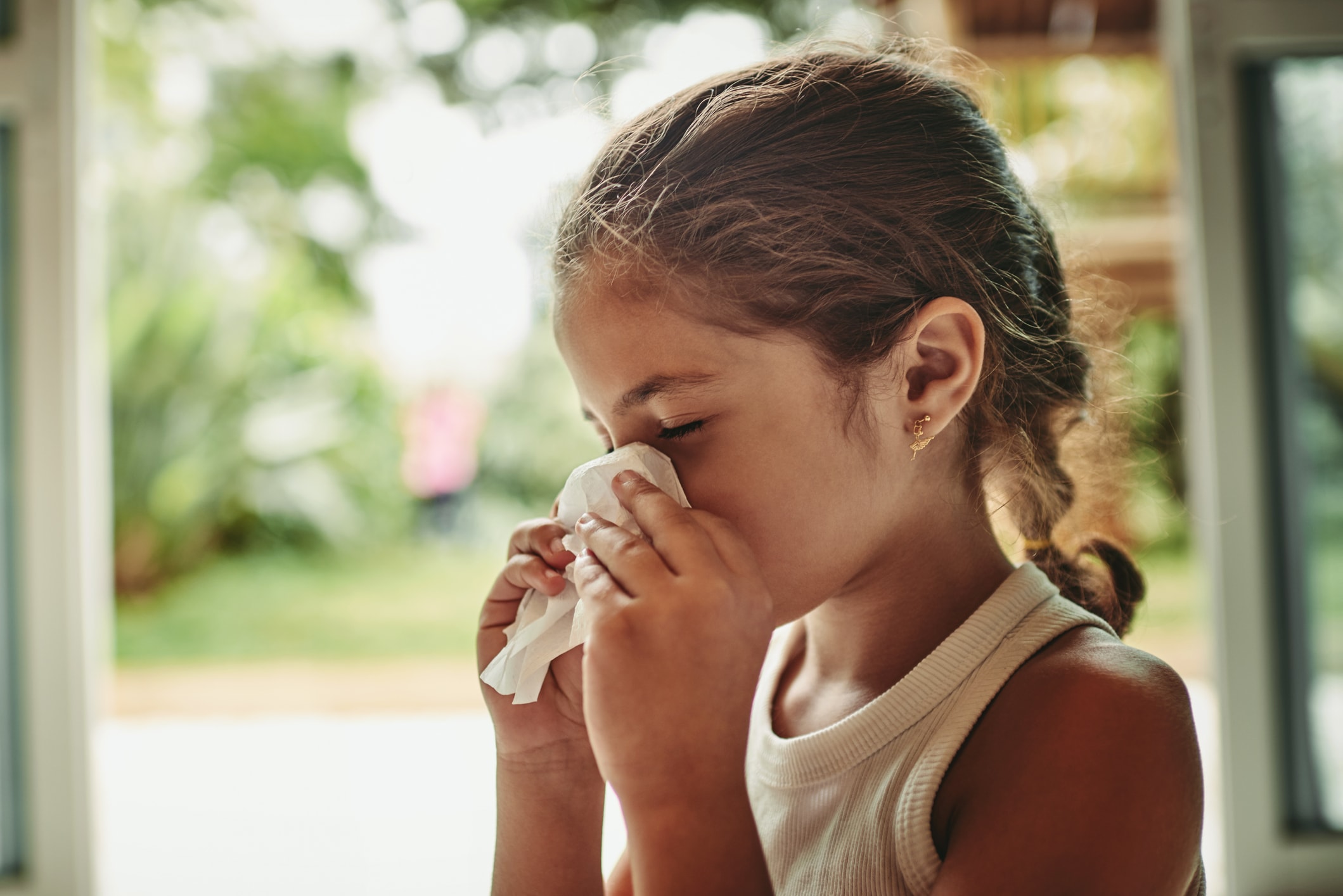Inclined sleepers for babies, like the Fisher-Price Rock ‘N Play and the Kids II Rocking Sleeper, used to be a favored tool in the parenting arsenal. But after these sleepers were linked to several infant deaths and recalled earlier this year, officials have been working overtime to warn parents that they aren’t safe. Now, major retailers are also stepping up to the plate to protect babies. Amazon, Walmart, Buy Buy Baby and eBay have all agreed to stop selling inclined sleepers in response to an urgent letter from Consumer Reports.
The letter was sent to 15 retailers, online platforms and trade groups.
“In light of strong evidence showing that infant inclined sleep products are inherently unsafe and are linked to at least 73 infant deaths, Consumer Reports urges your company to immediately remove from its store shelves or online marketplaces all infant sleepers with an inclined back surface,” the letter reads.
In April, Fisher Price recalled 4.7 million Rock ‘N Play sleepers, following reports that the sleepers had been linked to at least 30 infant deaths. Two weeks later, Kids II recalled nearly 700,000 of their own inclined sleepers, which were linked to four infant deaths as of April 2019. In response to the ongoing recalls by other brands, Dorel Juvenile Group followed suit in July, recalling 24,000 Eddie Bauer Slumber and Soothe Rock Bassinets and Disney Baby Doze and Dream Bassinets.
As of Oct. 16, 2019, the number of reported deaths linked to inclined sleepers of all brands has climbed to 73. A common cause of death is asphyxia, which the American Academy of Pediatrics (AAP) describes as the inability to breathe caused by the babies’ sleeping position. Sleeping on an incline can increase the risk of airway compression in infants. Similarly, babies who are unrestrained in an inclined sleeper may turn or roll into an unsafe sleeping position, which can cause suffocation. The risk is not brand specific. The AAP has noted that all inclined sleepers violate their safe sleep guidelines.
Despite warnings from multiple experts and organizations, the calls to do away with inclined sleepers have sparked debate among parents. Many parents believe inclined sleepers help their infants sleep better, and they like the portability of the products. In a Facebook discussion about the sleepers, many parents jumped to their defense and blamed the dangers on user error.
“I didn’t get a wink of sleep with my newborn until I bought the Rock ‘n Play Sleeper,” one mom writes. “It honestly saved my sanity as a new mom, and my baby survived and will be turning 10 in a few months! I think the problem has more to do with parents using these products longer than they are supposed to. Once a baby can roll over, they shouldn’t be in an inclined sleeper.”
It’s understandable that parents might rush to defend a product that they feel truly helped them, but positive anecdotes don’t eliminate the true dangers posed by these sleepers.
“I lost my 5 month old 7 weeks ago today because her babysitter put her in an inclined sleeper while unsupervised,” another mom reveals in the discussion. “She rolled over and suffocated. While I understand every scenario is different, unless you are going to be awake and in the room with your child, there is no reason to have them in one of these for sleeping.”
On their Facebook page, the U.S. Consumer Product Safety Commission has started sharing the names and ages of some of the babies whose deaths were associated with inclined sleepers.
CPSC is joining with families whose children have died in inclined sleepers to ask you to please stop using these products: CPSC.gov/SafeSleep
Posted by U.S. Consumer Product Safety Commission on Tuesday, November 26, 2019
According to the AAP, the safest way for a baby to sleep is on their back, on a flat surface with a tight fitted sheet. They recommend avoiding the use of soft bedding, blankets, pillows or crib bumpers. They also advise that infants should room-in with their parents for the first six months of life but sleep on a separate surface, such as a crib or bassinet, and never on a couch or armchair. Parents who are concerned about reflux or sleep issues should always consult their child’s doctor.





